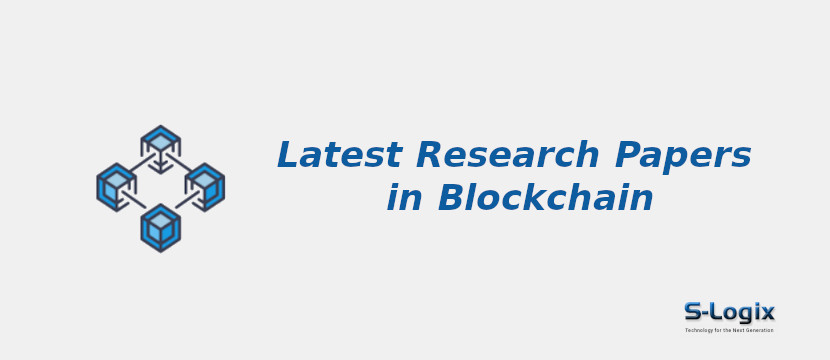Blockchain Technology is a distributed, shared, secured, and the immutable ledger that assists in recording transactions and tracking assets in a business network. An asset can be tangible(car, cash, land) or intangible (patents, copyrights, branding) and incorporated to improve security, privacy, and data transparency for small and large enterprises.
Virtually anything with a value can be tracked and added to a blockchain network, significantly reducing the risk and cost for all involved. Blockchain is the underlying technology of Bitcoin, which has received considerable attention from academia and industry, has gained much recognition, and can enhance the manufacturing and supply chain environment. Blockchain applications go far beyond cryptocurrency and bitcoin with their ability to create more transparency and fairness. It takes real-world use cases such as faster cross-border payments, identity management, smart contracts, cryptocurrencies, and supply chain technology.
In cryptocurrencies, the blockchain is increasingly being used in financial services, including stock exchanges, cross-border payments, repurchase agreements, and digital identities. The advantages are Enhanced security where data is sensitive and crucial, Greater transparency, instant traceability, Automation, increased efficiency, and speed.
